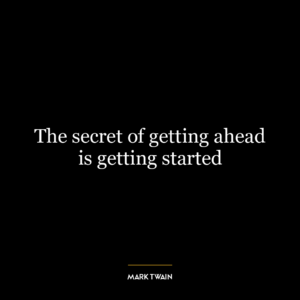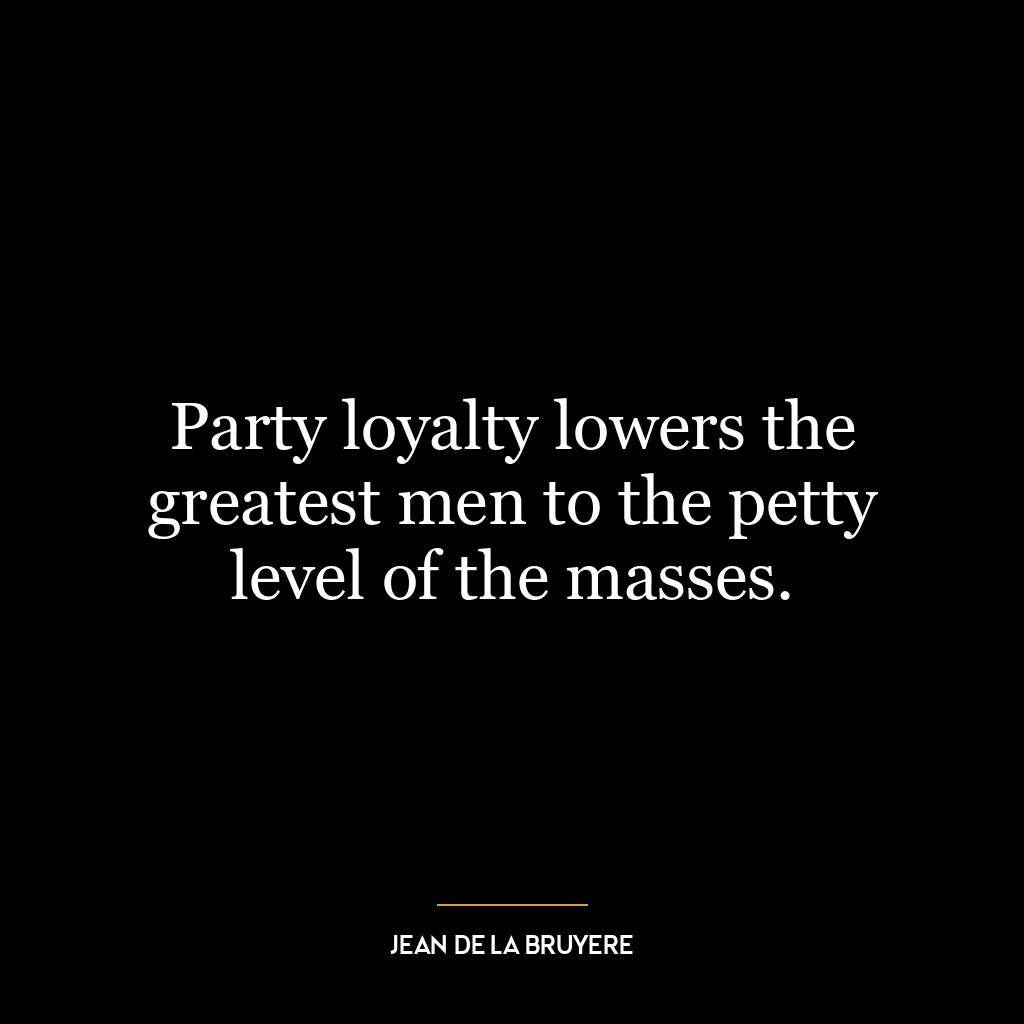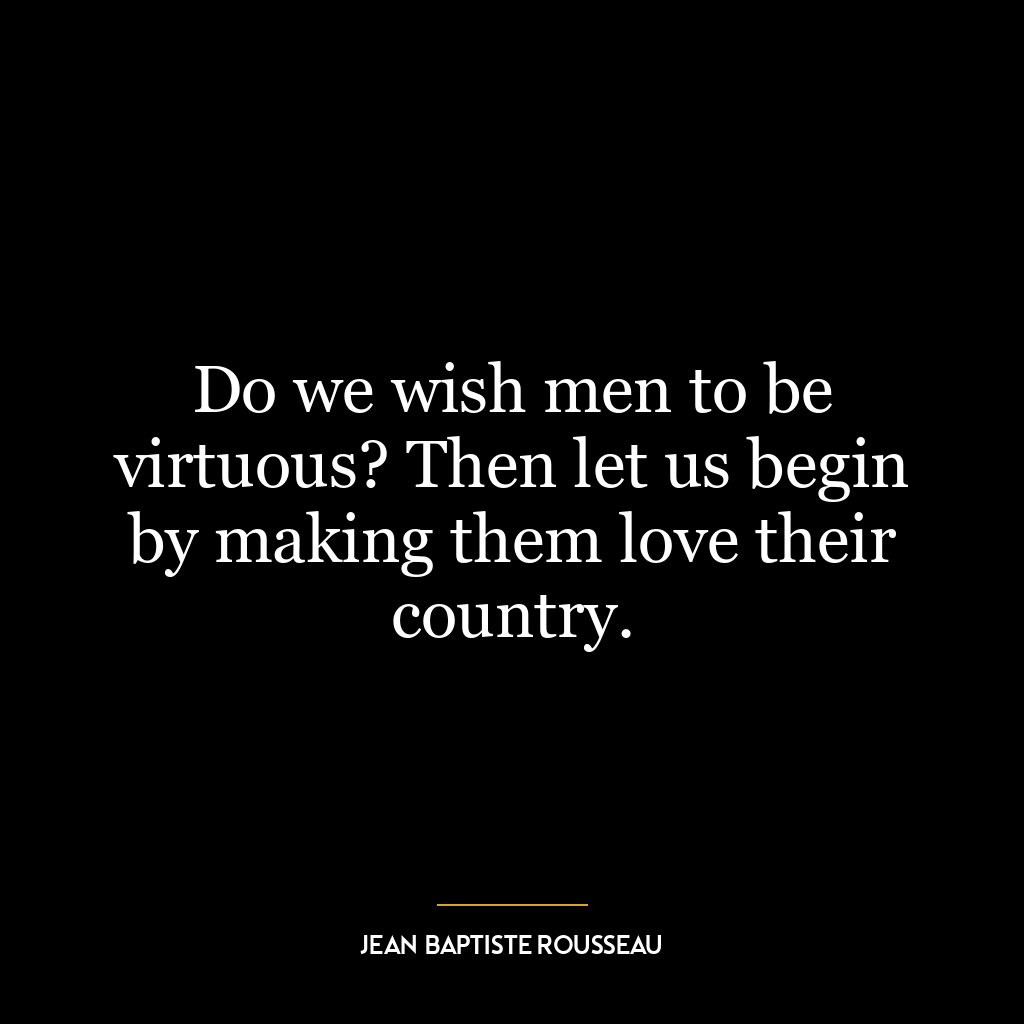A Patriot is someone who stands for his country always, and for his government when it is deserved.
This quote encapsulates the difference between patriotism and blind allegiance to a government. It suggests that a true patriot is someone who consistently supports their country, regardless of the situation. However, their support for the government is conditional and should be based on whether the government deserves it, most likely through acting in the best interests of the country and its citizens.
The first part of the quote emphasizes loyalty to one’s nation, which can be seen as an unwavering love and commitment to the welfare of the country and its people. This is a broad and inclusive form of loyalty, encompassing everyone within the nation regardless of their political, religious, or social affiliations.
The second part of the quote, however, introduces a discerning element to patriotism. It suggests that support for the government should not be automatic or unconditional. Instead, it should be earned through good governance, transparency, and accountability. This means that a true patriot has the responsibility to critically evaluate the actions of their government and withhold their support when it is not acting in the best interests of the country.
In today’s world, this quote could be applied in various ways. For instance, in a democratic society, citizens are encouraged to critically engage with their government’s actions and policies. They can show their support when the government is acting in the best interests of the country, and voice their dissent when it is not. This could be through voting, peaceful protests, or engaging in public discourse.
From a personal development perspective, this quote could inspire individuals to cultivate critical thinking skills and a sense of social responsibility. It encourages people to not just passively accept information or actions from authority figures, but to actively engage, question, and make informed decisions. This could be applied not just in the context of one’s relationship with their government, but also in their personal relationships, their workplace, or any other area of their life where they interact with systems of power.










